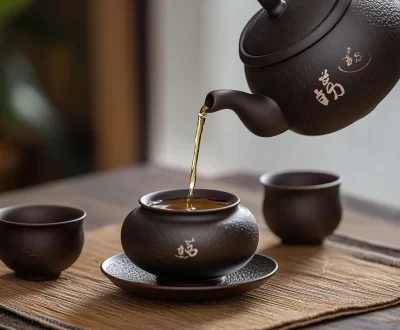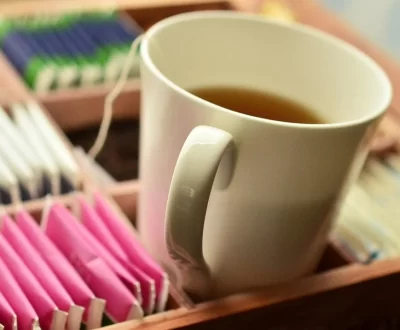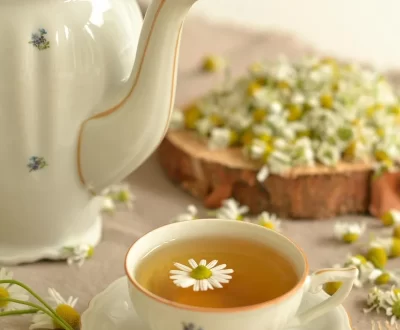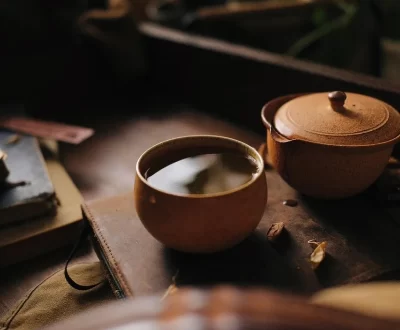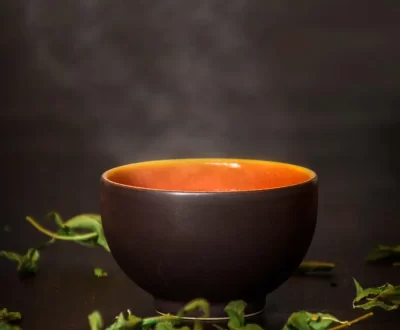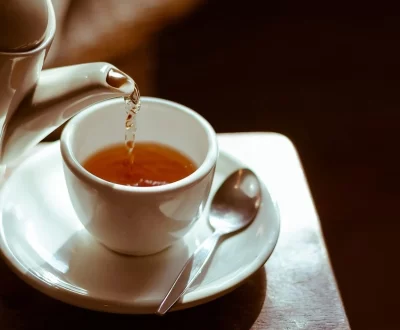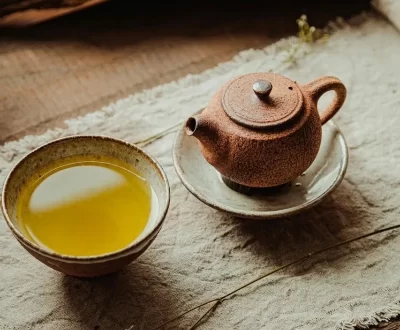Let’s be real—college life basically runs on caffeine. Whether you’re pulling an all-nighter, surviving an early lecture, or just trying to stay awake during a group project that should’ve been an email, caffeine is your ride-or-die.
But what if you're not a fan of coffee jitters or crash-and-burn energy levels? That’s where tea comes in. It’s gentler, still energising, and (bonus!) comes with fewer side effects.
So, how much caffeine is in tea? Is it enough to keep you awake? And which teas are best for studying, chilling, or unwinding?
Let’s break it down.
How Much Caffeine Is in Tea?
The caffeine content in tea varies depending on the type, how it's brewed, and even how long you steep it. But here’s a rough guide:
- Black tea: 40–70 mg per cup
- Green tea: 20–45 mg per cup
- Matcha: 60–80 mg per serving (yes, it’s strong!)
- Herbal teas (like chamomile or peppermint): 0 mg (caffeine-free!)
To compare, a regular cup of coffee has about 95–120 mg of caffeine. So tea gives you a lighter, smoother energy boost—perfect for students who want focus without the coffee crash.
Tea vs. Coffee: The Student Version
Why tea might actually be better:
- No jitters: Tea contains an amino acid called L-theanine, which promotes calm focus and smooth energy.
- Longer-lasting energy: Caffeine from tea absorbs slower than coffee, which means fewer crashes.
- Better for anxiety: If you’re prone to stress (hi, deadlines), tea won’t spike your heart rate like coffee might
Best Teas for Different Moods
Here’s your quick tea guide based on what kind of day you’re having:
- Need to focus? Go for matcha or black tea—great before exams or long study sessions.
- Just want a gentle boost? Try green tea. It gives energy without overwhelming you.
- Too wired or can’t sleep? Sip on a herbal tea like chamomile, rooibos, or peppermint.
- Need a balance? Oolong tea gives both calm and focus. Great for presentations or group work.
Quick Caffeine Tips for Students
- Steep time matters: The longer you steep, the more caffeine is released. So if you want a stronger tea, steep it longer.
- Avoid tea too late at night: Even green tea can mess with sleep if you’re sensitive.
- Mix it up: Use high-caffeine teas during the day, and switch to herbal in the evening to keep your sleep schedule in check.
Final Thoughts
Tea isn’t just a cozy drink for rainy days—it’s a legit study tool with just the right amount of caffeine to help you power through without burning out. Whether you're team green, black, matcha, or herbal, there’s a tea out there that fits your lifestyle, your energy needs, and your budget.
So next time you’re heading into study mode or just need a lift—skip the double espresso and brew a cup of tea instead. Your brain (and your sleep schedule) will thank you.
More from our blog
See all postsRecent Posts
- Is tea good or bad for health? Let's Talk Tea. September 3, 2025
- Beyond the Chai Wallah: Uncovering India's Secret Tea Gardens September 3, 2025
- That Cup in Your Hand? It Has a Wild Story to Tell September 3, 2025

